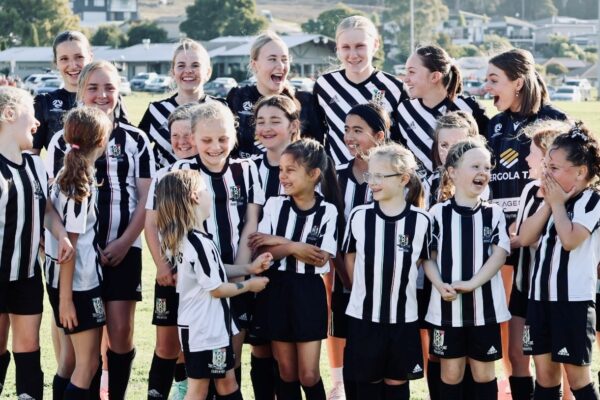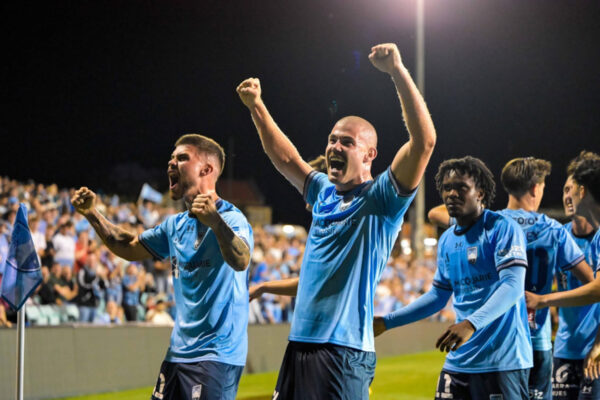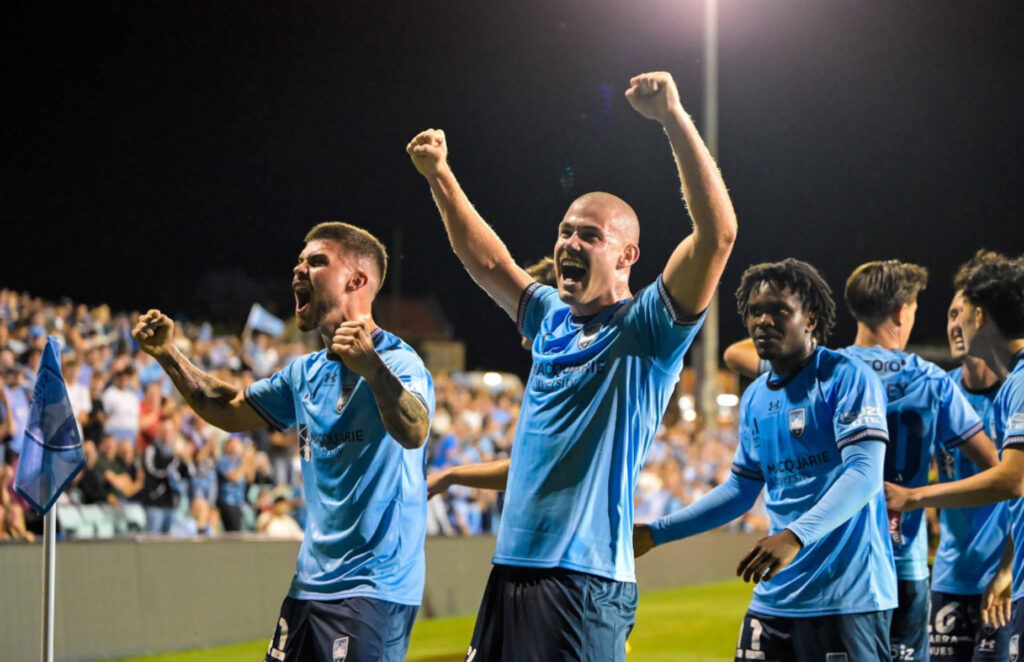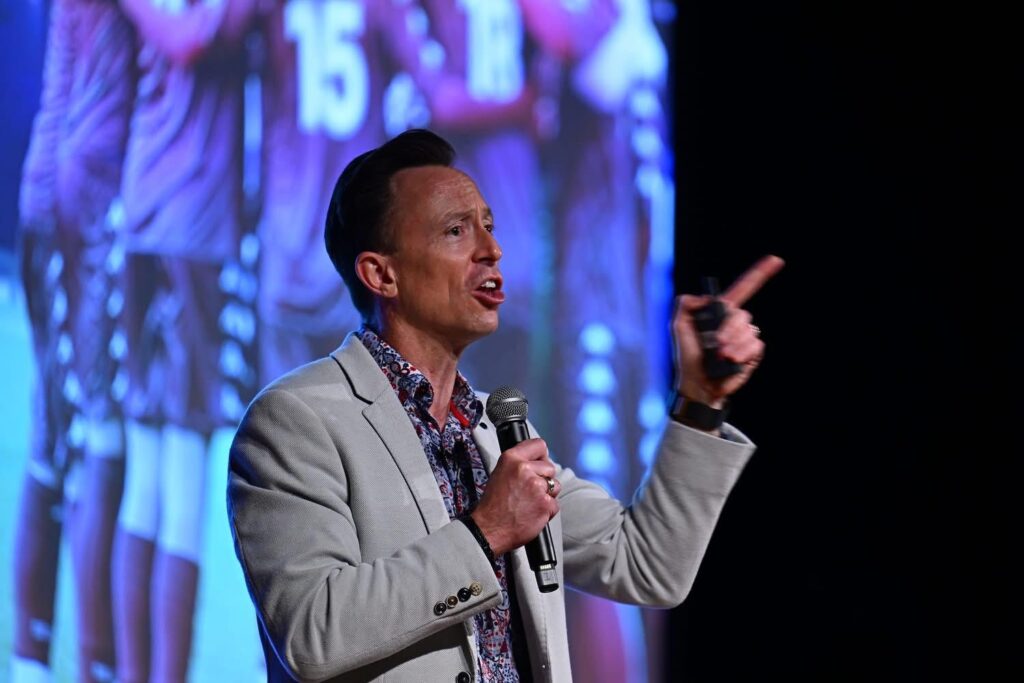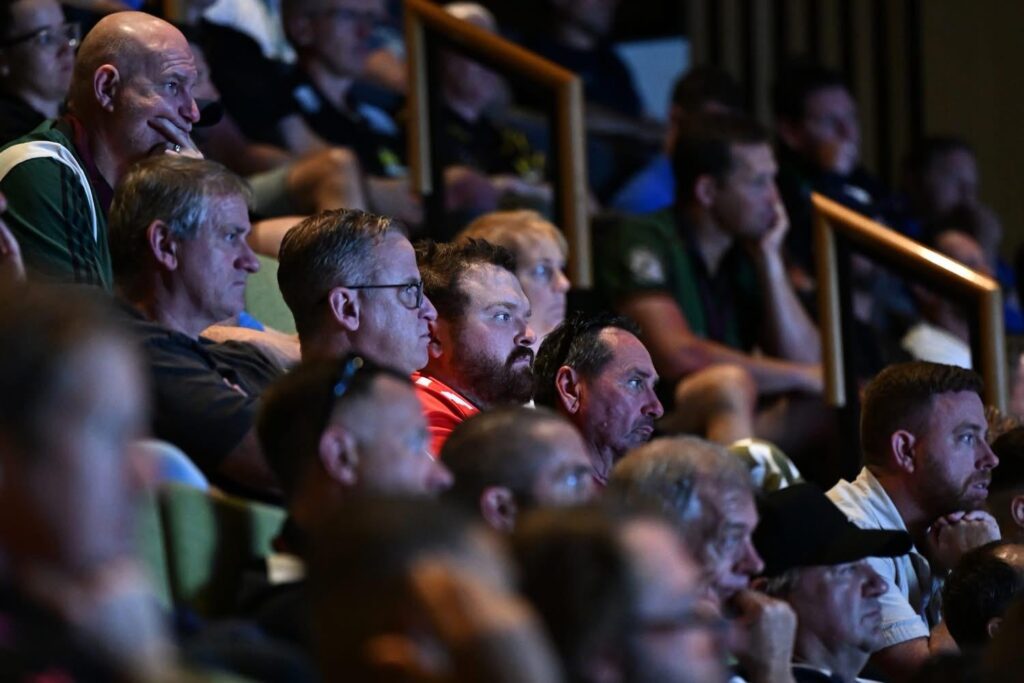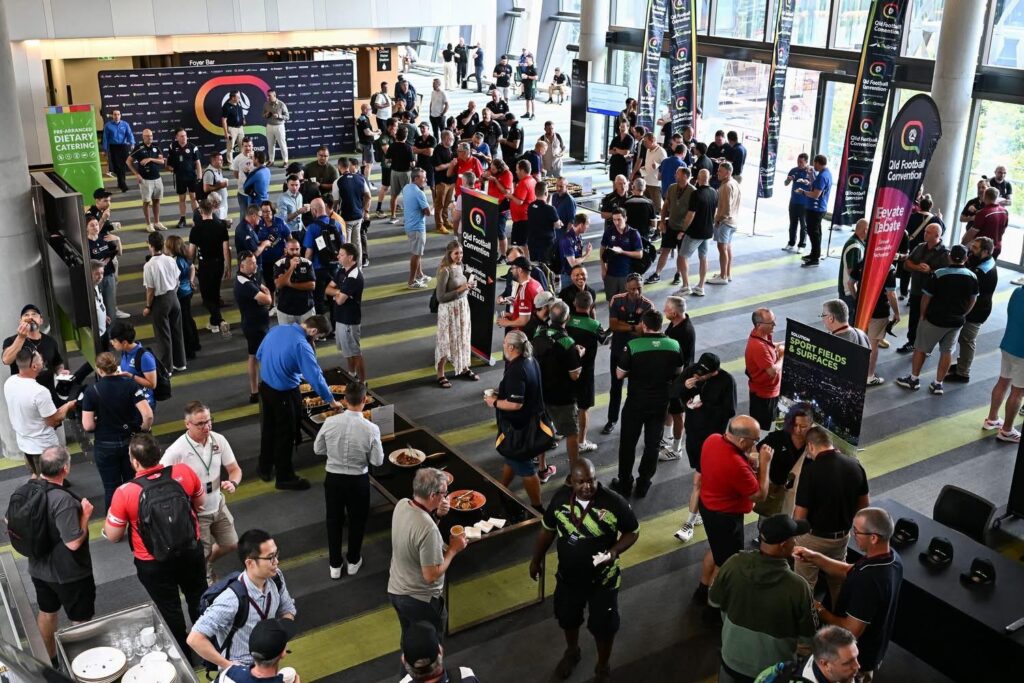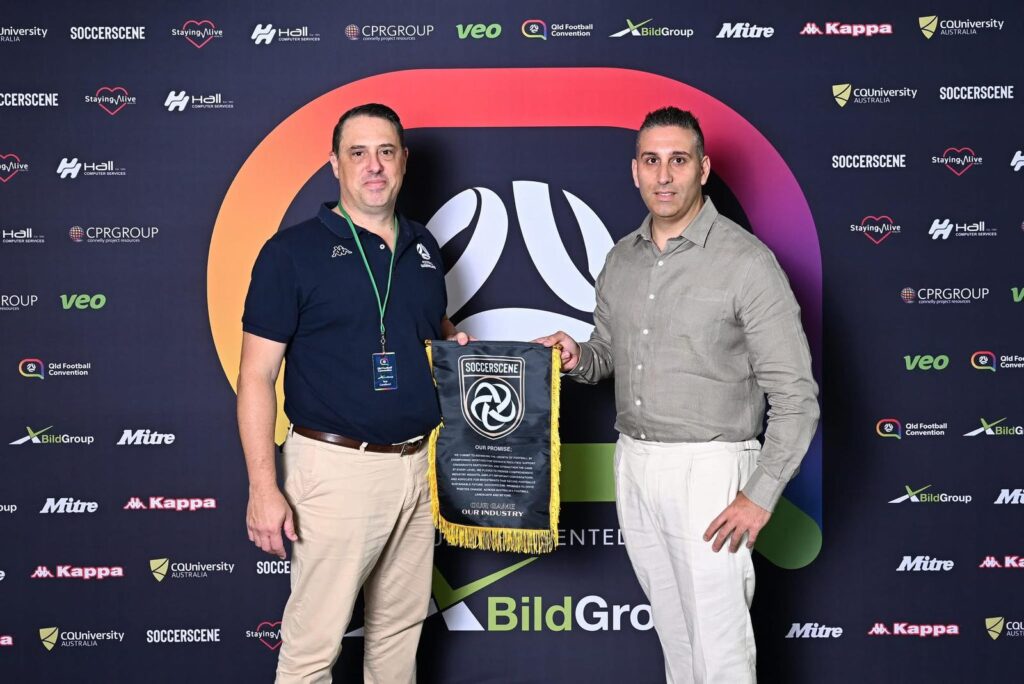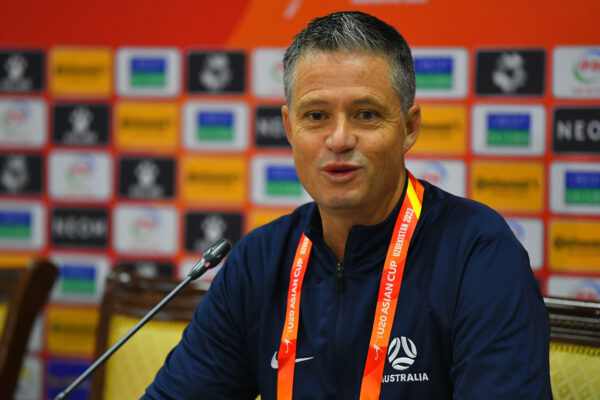
As 2021 draws to a close, it has proved to be another fantastic year of growth for the game.
With the 2023 Women’s World Cup on home soil edging closer, the tournament is one of the main driving forces behind facility funding and infrastructure in particular that will play a key role for the Matildas and visiting teams.
In a recap of 2021 highlights, Soccerscene picks out five contributors towards a groundbreaking year for Australian football.
The APL have officially been given the reigns
The long-awaited hand over of Australia’s professional leagues has provided A-League club owners with greater impetus to invest than ever before. The impact of the unbundling, which was officially confirmed at the last possible minute on December 31, 2020, is yet to be fully realised. But it has to be said that the signs thus far point to a positive future for football.
The Australian Professional Leagues (APL), the entity charged with growing the professional leagues in Australia, have already begun to endear themselves to the passionate domestic football fanbase, simply through making substantial decisions for the benefit of football in the short and long-term.

So far, the APL have delivered. A unified A-Leagues which has seen the Men’s and Women’s game united under one banner; the wholehearted support of broadcaster 10 ViacomCBS as the home of Australian football; the launch of the KEEPUP digital platform to serve as the go-to hub for all things domestic and international football; and a $100 million investment into football here from American private equity firm Silver Lake.
There is no denying that those who have sought to take the game in a positive direction are seeking to do as such through their actions, rather than their words.
Investment in National Premier Leagues infrastructure across the country
National Premier Leagues (NPL) sides across Australia placed a significant focus on the growth and investment into their infrastructure in 2021.
As of November, the upgrades to Clennett’s Lightwood Park are underway, ensuring that Kingborough Lions FC’s home ground will be given a significant opportunity to potentially host training basecamps for the FIFA Women’s World Cup 2023.
The club were recipients of a portion of the Tasmanian Government’s $10 million pledge to upgrade facilities in preparation for hosting World Cup content.

NPL NSW 4 side Parramatta Eagles FC were successful in securing a well-overdue upgrade to the iconic Melita Stadium. The Eagles contributed $20,000 to the upgrade and were successful in obtaining $50,000 from the Community Building Partnerships Program.
Melita Stadium is a historic venue known to all that love the world game and has been given a new lease on life thanks to the funding. Beyond the historic relevance, the arrival of the upgrade to Melita Stadium in 2021 contains with it the symbolic implication of an overriding investment into football facilities across the board.
Edgeworth Eagles’ nearly $1.5 million development has ushered the historic Northern NSW side into a new era. A quarter of a million of the investment went into floodlighting to provide adequate lighting for the club’s many programs and teams, leaving them as the only NPL side with 500 Lux on their ground.

In addition, Victorian NPL 2 side North Sunshine Eagles saw a newly redeveloped $8.4 million facility based in Ardeer established to house their entire junior setup out of More Park from 2022.
The facility has two full size rectangular pitches, a 21x12m fully enclosed futsal court, a mini pitch (suitable for MiniRoos), four female-friendly changerooms as well as a fully accessible sports pavilion, community social room and expanded carpark.
The efforts being made by these clubs (and plenty more) must be commended, particularly in light of yet another COVID-19 impacted season that forced competitions across the country to end early.
State federations make strides to advance the game
Exciting partnership news extended across the country, with notable deals including: Football South Australia announcing a new eight-year partnership with leading LED manufacturer One World LED & Sportal; Football West linking up with Veo Technologies to support West Australian clubs; and Capital Football beginning their new apparel partnership with Australian sports clothing manufacturer ISC.
Football Queensland have taken immense strides as a member federation this year, following the release of Future of Football 2020+. In August, FQ Members voted on 11 resolutions put forward with an overwhelming show of support for the Future of Football 2020+ reforms, the first the game has seen in 20 years.
Football West CEO James Curtis stepped down from his role with the intention of setting a precedent of leadership succession for the West Coast’s representative football federation, and perhaps for Australian football as a whole.

In a sport where in-fighting and over-politicising has undoubtedly impeded the game in the past, such movements are indicative of the changing approach to how football is governed.
The women’s game is given the focus it deserves
With the excitement of an upcoming Women’s World Cup to be co-hosted with New Zealand in 2023, opportunities have finally been presented to the women’s game to give it the attention and investment it has deserved. Such spotlight is undeniably overdue, especially considering the overwhelming presence and support of the Matildas across the Australian sporting public.
With the women’s game expected to grow in interest and participation over the next decade, female friendly amenities are essential in ensuring a safe and inviting space is facilitated for women to prepare for competition and training.
The lack of female friendly football facilities has been slowly rectified in 2021, with the likes of Nepean Football Association side, St Marys Band Rangers FC, recently seeing an upgrade to the facility at their home ground, Kevin Dwyer Fields. Fresh paint, new bench seating and most importantly lockable showers and toilets for females has been added to the existing change rooms.

Football Australia’s announcement in August of a High Performance Coaching Initiative will look to help women’s football move beyond the well documented barriers. In an Australian football first, over 150 women coaches at various levels will partake in a comprehensive study to better understand their coaching landscape in the first phase of the Initiative.
By taking on an evidence-based approach, women coaches in football will be supported, engaged with, developed, and retained to increase the numbers in high performance.
For regional football, a NSW Government funded talent identification and youth development program was announced in January to take place over the next three years to help young girls who aspire to play for the Matildas.
The $750,000 initiative is designed for girls aged 12 to 18 years old, with funding to support the establishment of training hubs across the state and identifying talented young players will be further supported through the provision of training camps and player support scholarships.
Australian football finally has the ‘new dawn’ it’s been waiting for
Starting anew, with expansive scope available to Football Australia, the APL and the member federations to lead Australian football out of its tumultuous, and often chaotic, adolescent years, the opportunity is now here to ensure that Australian football reaches its lofty potential.
There is plenty to be excited for, particularly with a National Second Division touted for 2023 that will arguably stamp Football Australia and the APL’s commitment to uniting the game between the professional, semi-professional and grassroots tiers.
Ultimately however, Australian football needs to work to win back many fans who have become disenchanted with how the game has been run. In an interview with Soccerscene ahead of the A-Leagues season, 10 ViacomCBS Executive Producer Geoff Bullock acknowledged that the broadcasters were looking to bring a “fan-first approach to broadcasting football” in Australia. If one thing is clear about the future, Australian football must reignite the passion of the fans in this country.
References to a ‘new dawn’ for Australian football will understandably be taken with a grain of salt from the footballing public. But even the most tentative Australian football adherent would feel a greater hope and optimism for the future. It’s simply a matter of patience.





